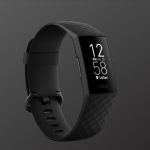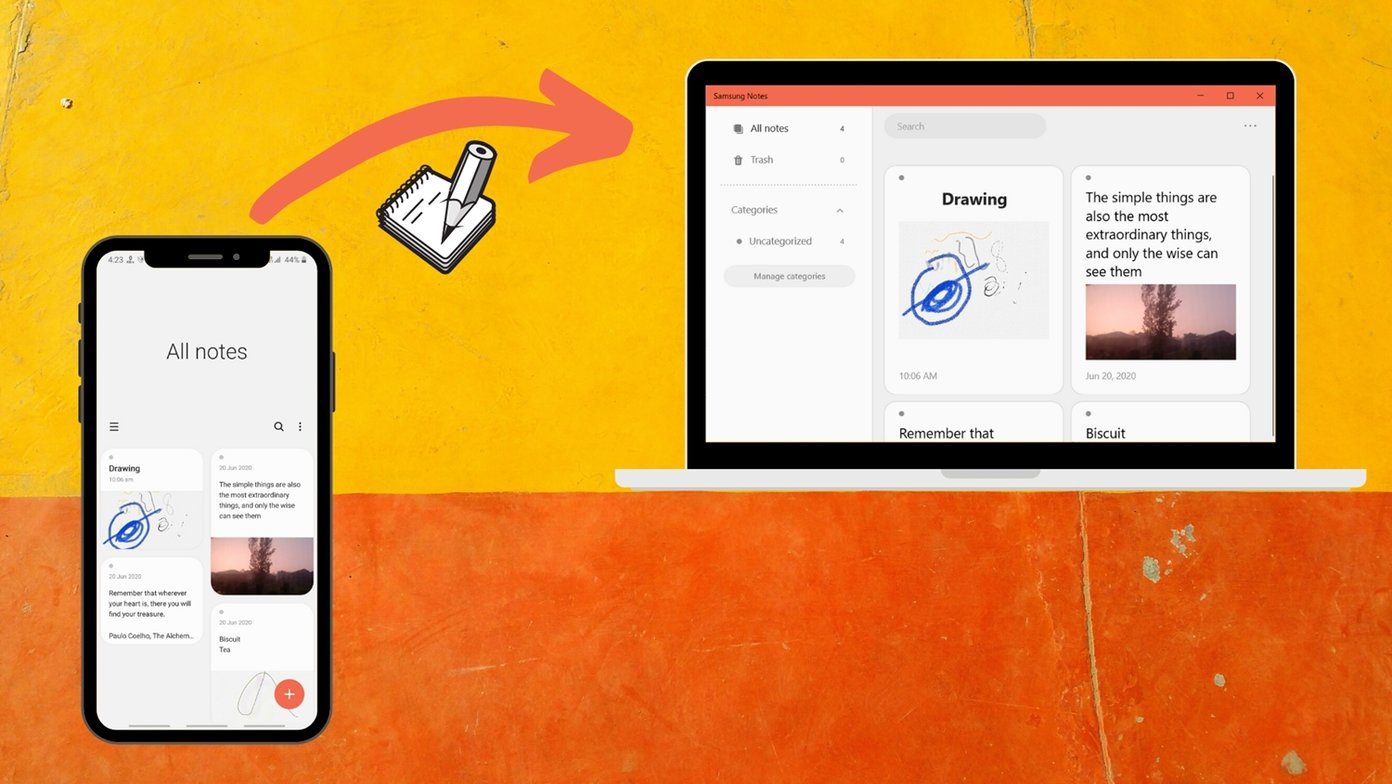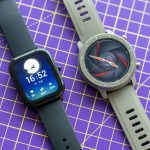We will explore all that is to know about smartwatches and fitness trackers. So that you can weigh in the similarities and differences to decide which one suits your usage. Let’s jump right away, shall we? But before that,
Take a look at these hybrid smartwatches with heart rate monitorHere are the best Google Fit alternatives for iPhone
Smartwatch & Fitness Tracker
Today, Smartwatches aren’t just a projection or a small extension screen of your smartphones. Popular smartwatches like the Apple Watch and the Samsung Galaxy Watch have hybrid health-tracking functions built-in, which are otherwise absent in smartphones. On the other hand, fitness trackers are designed to track your activity levels and overall fitness well-being. Fitness trackers like the Fitbit Charge 5 offer highly advanced heart rate monitoring. Besides that, some of the trackers also include advanced GPS capabilities.
Features – Smart and Advanced
As suggestive of their name, most smartwatches combine smarts with fitness features. You can respond to messages, write a message, or control the music from the watch. The best part is connecting your wireless earbuds to the smartwatch and controlling the music directly. Some models even work without having your smartphone in your pocket all the time. At this point, it’s worth pointing out that the features may differ from brand to brand. Smartwatches also bundle health features such as heart rate monitoring and SpO2 monitoring. The new generation Samsung Galaxy Watch and the Apple Watch prioritize health monitoring over others. These watches check your heart for any underlying conditions and send notifications accordingly. The Galaxy Watch also comes with a nifty Fall Detect mechanism that sends out an SOS when it detects one. Moreover, some smartwatches even let you store music. Some fitness trackers let you see the incoming notifications and sync information from phone apps when it comes to smart features. That aside, fitness trackers like the Fitbit Luxe pack a bevy of fitness monitoring functions, such as stress tracking, VO2 Max, breathing monitoring, and sleep monitoring. Furthermore, Garmin fitness trackers boast high-end GPS tracking compared to normal smartwatches. A couple of fitness trackers feature neat tracking sports modes.
Connectivity
The connectivity options are one of the primary differences between smartwatches and fitness trackers. Fitness trackers need to stay connected to your smartphone to sync data. Plus, most trackers can’t handle calls and messages. Interestingly, modern smartwatches come with eSIM functionality and let you handle calls right from the watch. Alternatively, few have a connected-phone feature (Bluetooth or Wi-Fi) where you can directly receive calls and messages when connected to a phone. As noted earlier, you can reply to an SMS from your watch, one of the key advantages.
Design and Size
Another crucial difference is the size. Smartwatches often resemble analog watches, resulting them to be relatively bigger than fitness bands. And this makes it a tad challenging to wear them all the time, especially if you’re not used to them. As opposed to that, fitness trackers are usually slim and sleek. Their profile makes them quicker to be comfortable wearing them even while sleeping for around-the-clock tracking.
Battery
Fitness trackers win the game when it comes to battery life. Compared to the newer smartwatch models, fitness trackers from companies like Garmin and Fitbit have longer battery life that could easily last a week. Compartively, smartwatches have a shorter battery span and don’t last more than a couple of days. For instance, the Apple Watch is notorious for its short battery life. When all the functions are enabled, it can barely last a day. So if you aren’t open to charging your smartwatch everyday, then fitness track is safe choice.
Pricing
A features-loaded smartwatch is expensive, whether it’s the Apple Watch or the Garmin Venu 2 Plus. Of course, there are cheaper solutions like the Fitbit Sense or the Apple Watch 3, but then you will lose out on some features. On the other hand, fitness watches are not as expensive and are easily affordable. The Xiaomi Mi Band and the Amazfit Band 5 are good picks for affordable fitness trackers.
Which One Should You Pick
It ultimately boils down to your requirements. If you want a device to keep a tab on your activity levels for a longer time, then a fitness tracker is the one you should buy. They are easy on the pocket, come with the necessary features to give you a rough estimate of your daily activities and overall fitness. Most importantly, some real good ones last a week. On the other hand, smartwatches combine fitness tracking, health features, and smart features. Naturally, these add a ton of convenience to the table. The only con is that you’ll have to charge one more frequently. If you are looking for the best of both worlds, the Garmin Venu 2 Plus is the best pick. I can last for about 10 days, has reliable fitness tracking, and lets you take calls and summon voice assistants. The above article may contain affiliate links which help support Guiding Tech. However, it does not affect our editorial integrity. The content remains unbiased and authentic.
![]()
![]()
![]()
![]()







